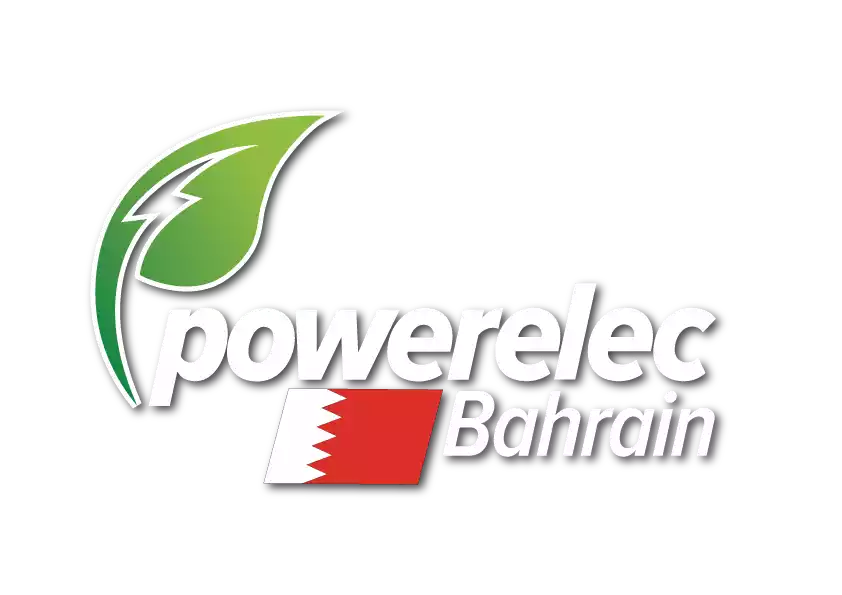Emerging Renewable Markets
Market info
Emerging Renewable Markets
Bahrain’s renewable energy expedition kick-started with the relaxation of the monetary policy by the government. The country with its Vision 2030, aims to protect the natural environment, reduce carbon emissions, minimize pollution, and promote sustainable energy. While it has adopted the UN Sustainable Development Goals, the keen focus of the government is on `Access to Clean Energy’.

BAHRAIN- the Emerging Business Destination in Arab World for the Renewables
Economy and Energy Grow Hand-in-Hand:
Despite a flourishing economy, the island nation has some challenges. These are: unemployment, water scarcity, and climate vulnerability (increasing heat and sea level rise). An active government has already introduced structural reforms to mitigate these challenges.
Post the global pandemic, the government announced an economic recovery plan focused on five pillars:
- Creating quality jobs for citizens
- Streamlining commercial procedures to attract $2.5 billion in yearly FDI by 2025
- Launching $30 billion in major strategic projects
- Developing strategic priority sectors
- Achieving fiscal sustainability and economic stability
Besides, the government has very strong economic agreements:
- Free Trade Agreements: 22 Countries
- Investment Protection & Promotion Agreement: 34 Countries
Double Taxation Avoidance Agreements: 41 Countries
Net-zero by 2060
The country has set a target to achieve net-zero by 2060. It has started its transformative journey towards sustainable energy security. The journey is built on shared responsibility, nurtured by innovation led by His Royal Highness Prince Salman bin Hamad Al Khalifa, the Crown Prince and Prime Minister and the Energy Minister. Bahrain’s renewable energy expedition kick-started with the relaxation of the monetary policy by the government. The country with its Vision 2030, aims to protect the natural environment, reduce carbon emissions, minimize pollution, and promote sustainable energy. While it has adopted the UN Sustainable Development Goals, the keen focus of the government is on `Access to Clean Energy’.
Vision 2030
The Kingdom has taken various steps to accelerate its journey towards decarbonization. Clean energy capacity addition tops the list. Through Vision 2030, the country has inked a clear plan to protect the natural environment, reduce carbon emissions, minimize pollution, and promote sustainable energy. In its run up to net-zero, the country aims to harness solar, wind, and waste to energy resources. The set target is to achieve 5% of its energy mix from renewable energy by 2025 and 20% by 2035. It has constituted the National Energy Efficiency Action Plan (NEEAP) and the National Renewable Energy Action Plan (NREAP) to spearhead the execution of large scale projects.
The Energy Scenario
The energy demand has been increasing consistently over the past 2 decades in Bahrain.
The Energy and Water Agency (EWA)–the nodal authority which lays a crucial role in the socio-economic growth of the country, has projected grid connected electricity growth under three scenarios. By 2030, it is pegged to reach 21,700 GWh (low scenario), can touch 28,180 GWh (medium) and may reach 34,550 GWh (high scenario).
As of now, the connected renewable energy capacity is 38.4 MW. The target set for renewables:
Target Year | Total renewable | Solar | Wind | Biogas |
2025 | 255 MW | 200 MW | 50 MW | 5 MW |
2035 | 710 MW | 400 MW | 300 MW | 10 MW |
Waste-to-Energy
Bahrain generates approximately 2.6 kg of waste per person per day. A pilot project is underway to estimate the possibility of better waste management and energy generation at the Askar landfill. Further, the country is set to tap into the heat waste recovery for its power generation. A pilot program, where excess heat generated by Aluminum Bahrain (Alba), is underway. Bahrain is also exploring the possibility of using "district cooling" as a way to boost air conditioning efficiency by up to 50 percent. Options for plasma gasification—a process which converts waste into resalable by-products, including hydrogen, electricity, and construction materials is being explored. Energy sector leaders are optimistic that Bahrain will achieve its net-zero commitment by 2060, positioning the kingdom as a frontrunner in sustainable energy.
Solar
Bahrain is set to add 72 MW solar power from the Sakhir project. This will contribute 28% to the nation's target of 255 MW from renewable sources by 2025. The country has devised innovative plans, including the implementation of floating solar farms, widespread deployment of rooftop solar panels, distributed solar installations and the establishment of power plants on landfill sites.
Wind
The country is also exploring wind energy and has received support from international organizations (UNDP) and the German government. With a good wind regime and shallow waters, the country has a conducive environment for installation of near- shore and offshore wind farms.
Decarbonization Initiatives
Presently, the shift to a low-carbon economy, renewable energy, and climate change is currently the main focus. The EWA's Kafaa program for carbon reduction has already begun. This is an effort to increase the energy efficiency of government buildings in collaboration with energy service companies. The goal is to reduce electricity use by about 975 GWh and 488,000 tonnes of carbon emissions by 2040. The per capita electricity consumption of Bahrain stood at 19 MWh (5 times the Middle East average and 6 times the global average), in 2021. Until 2021, the nation's energy-related CO2 emissions increased by 1.2% annually to approximately 36 MtCO2 or twice the levels recorded in 2000. The goal of 6% NEEAP by 2025 corresponds to a 3.4 MtCO2eq decrease in GHG emissions. Interestingly the Kingdom is leveraging its small country advantage to opt for a partnership model as a decarbonization strategy. This is the outcome of a genuine collaboration between the government and the industry.
Island Cities/Smart Cities
One of the priority areas for the Kingdom is equitable development of all its island cities. Plans are also afoot to integrate smart technologies to develop robust, futuristic infrastructure. These priorities align well with the government’s aim to build 22 signature infrastructure projects and five new island cities. Considering the additional need for energy, Bahrain is looking inward. The kingdom plans to explore the abundance of natural resources to integrate solar, wind, and waste-to-energy alternatives as part of its renewable energy focus–a vital part of the Kingdom’s Vision 2030.

